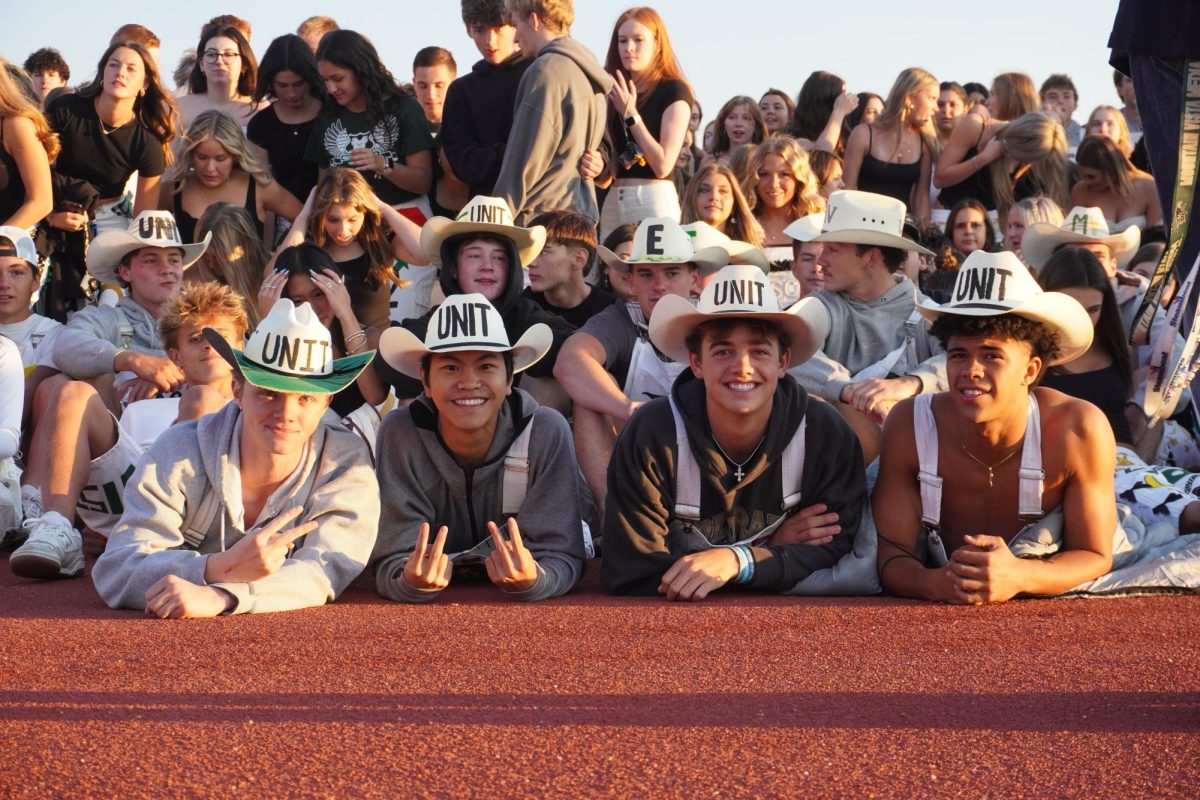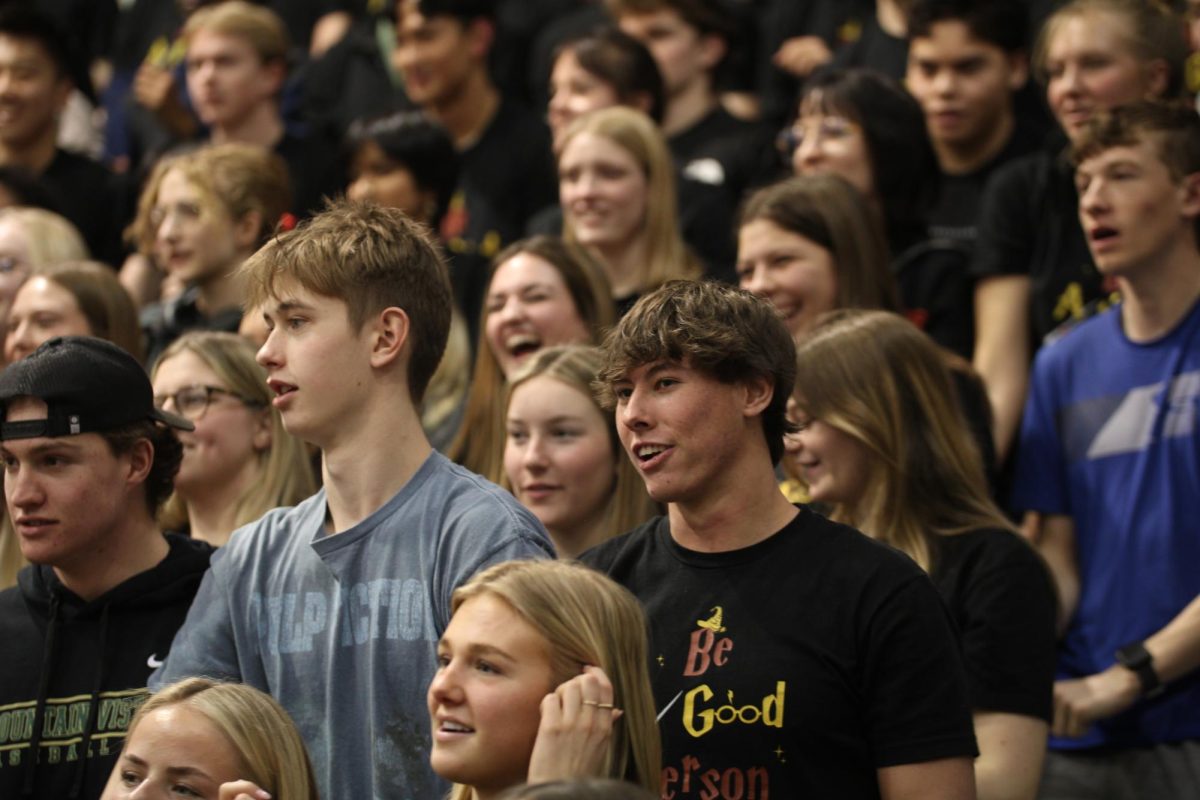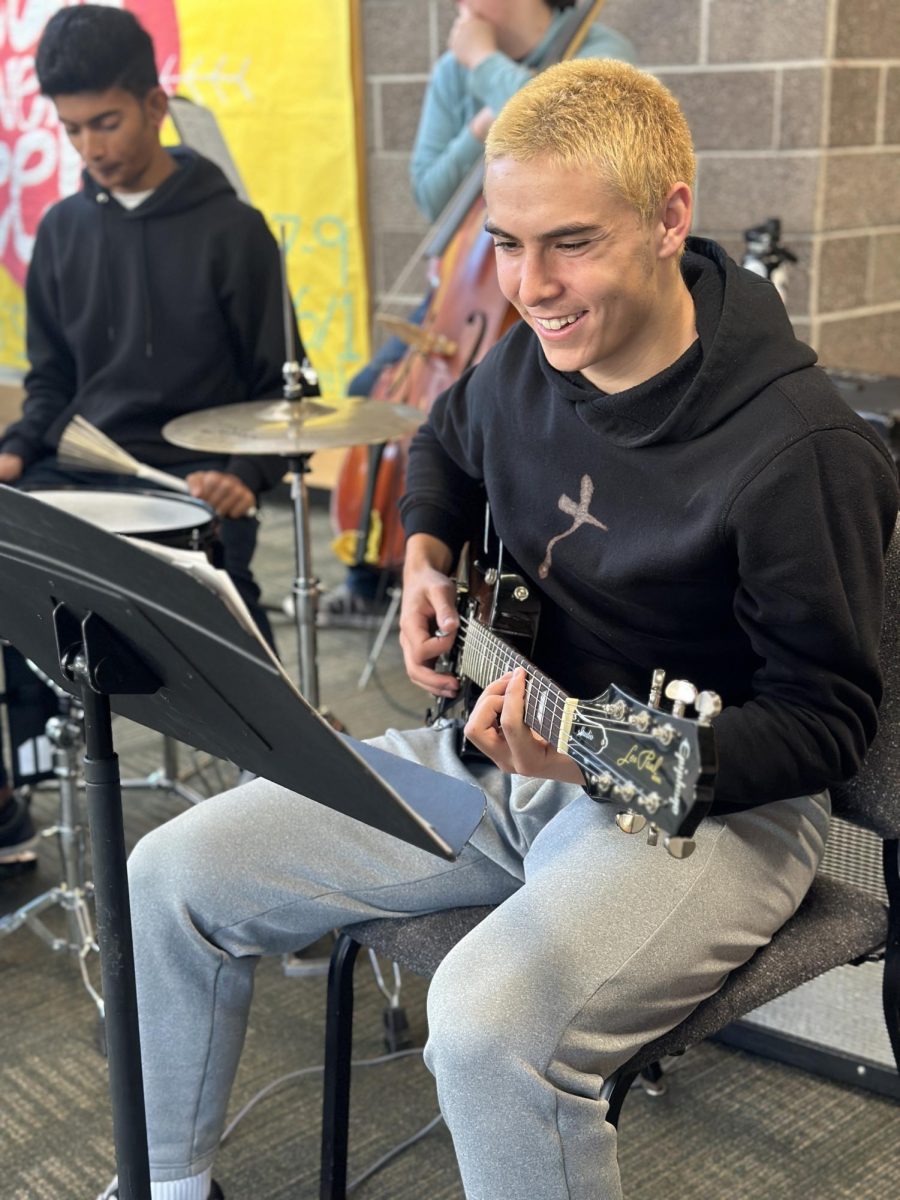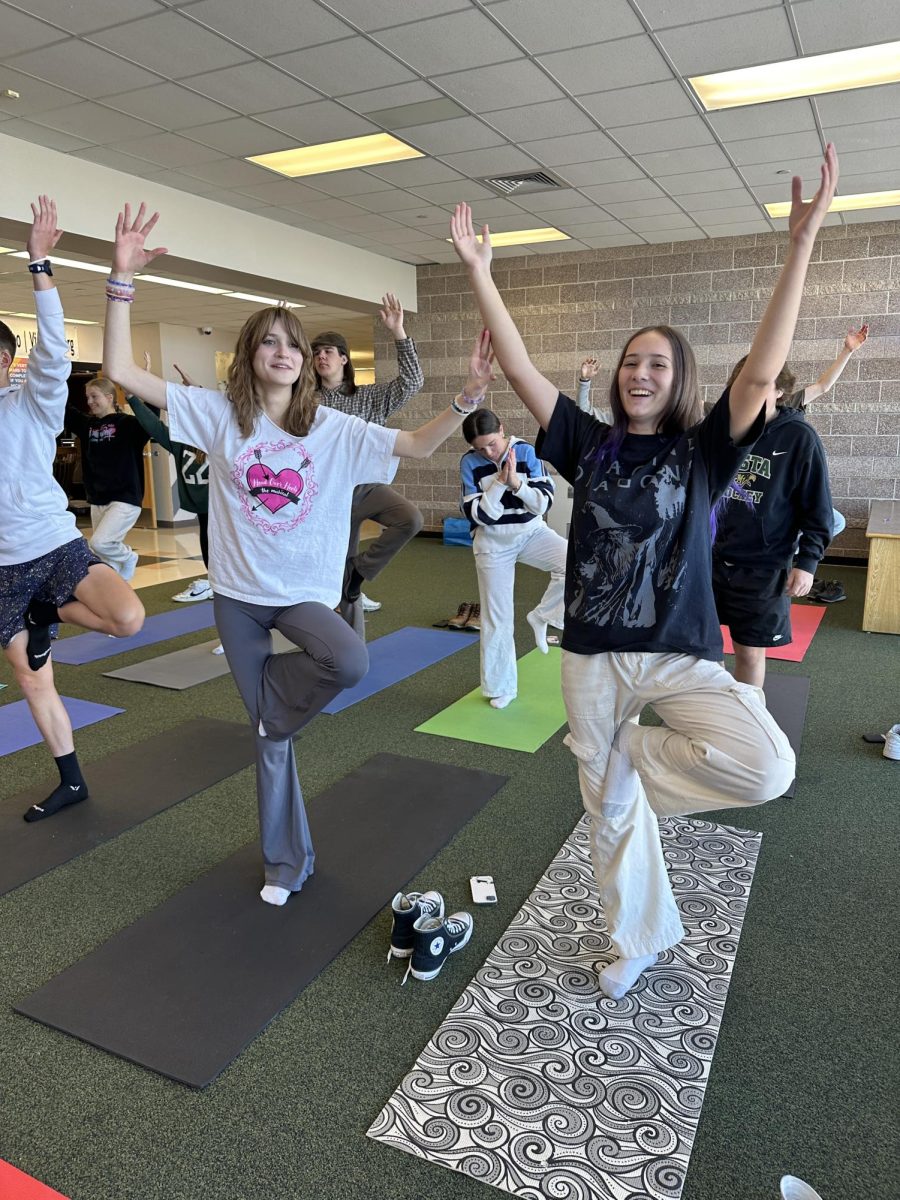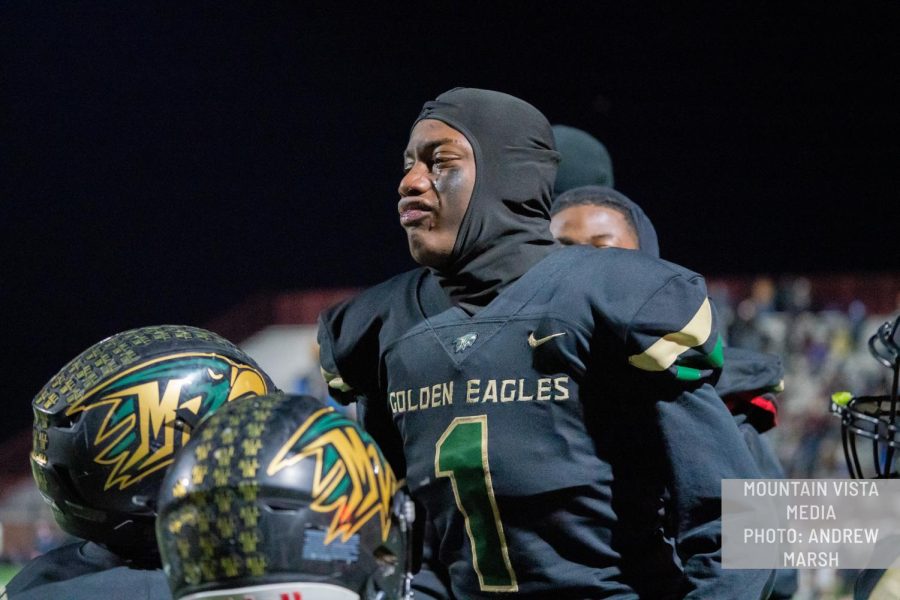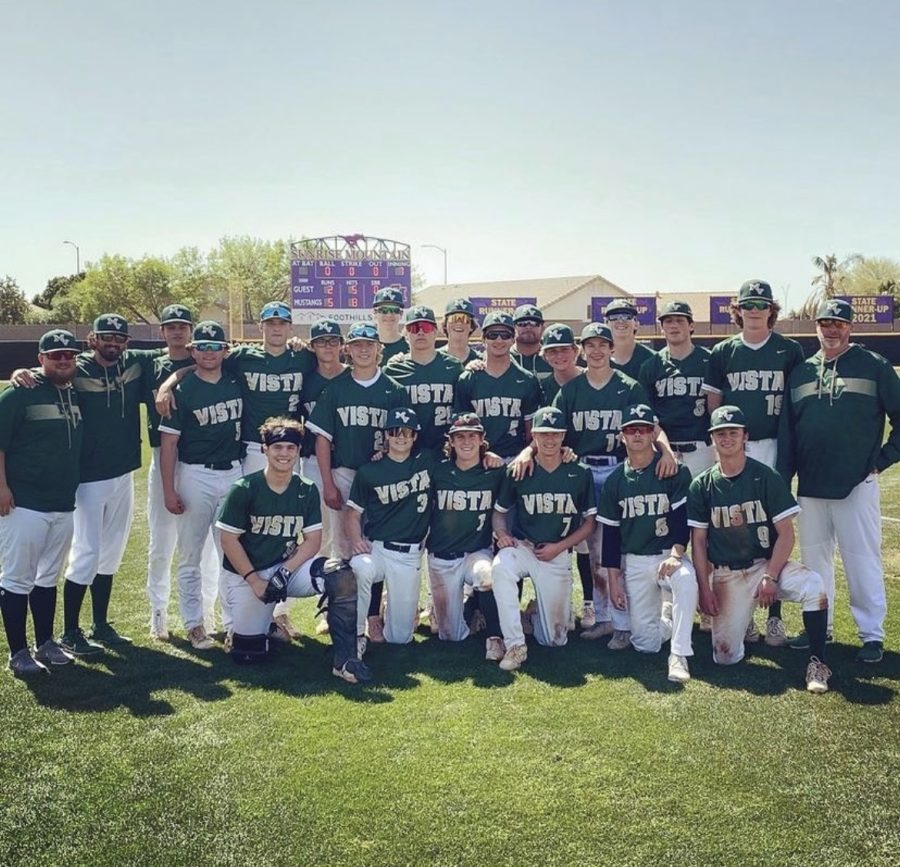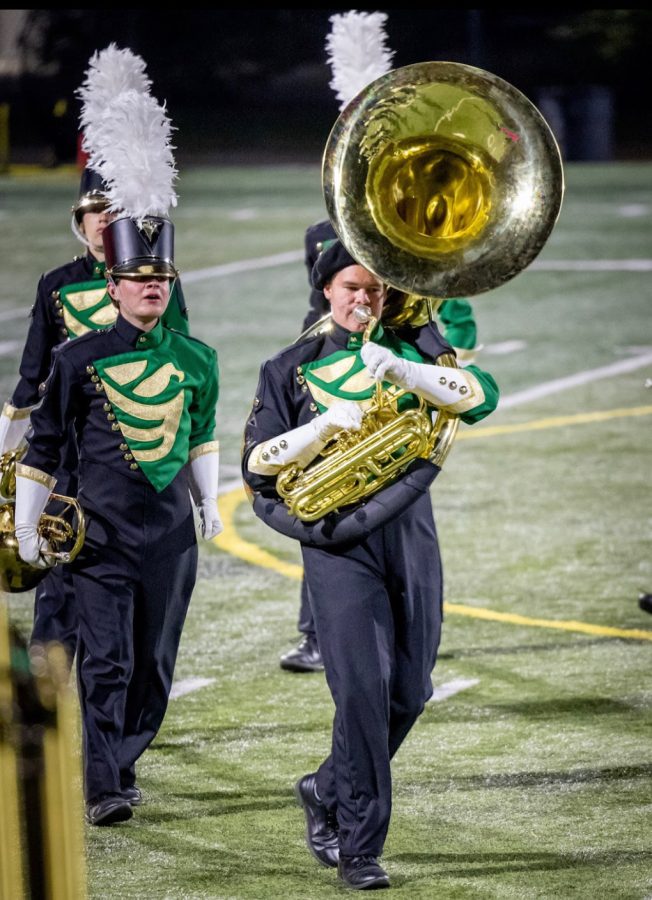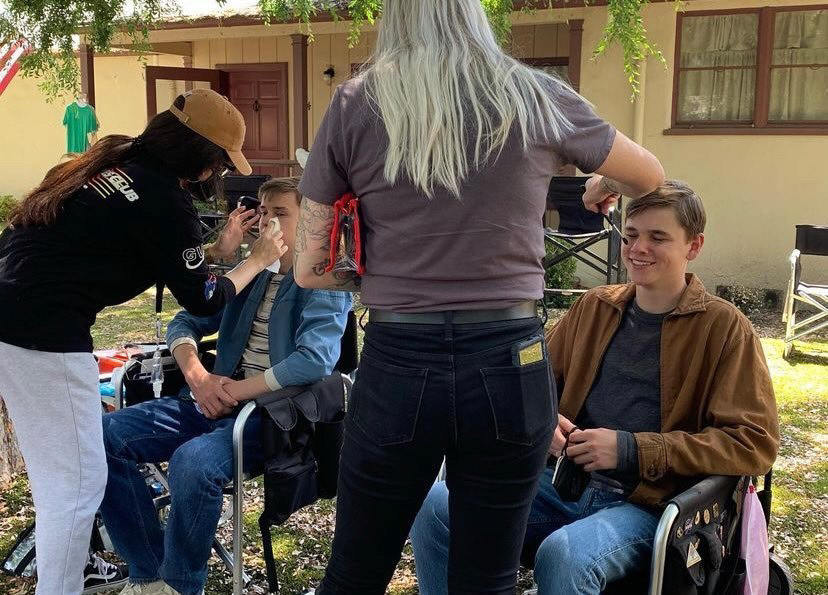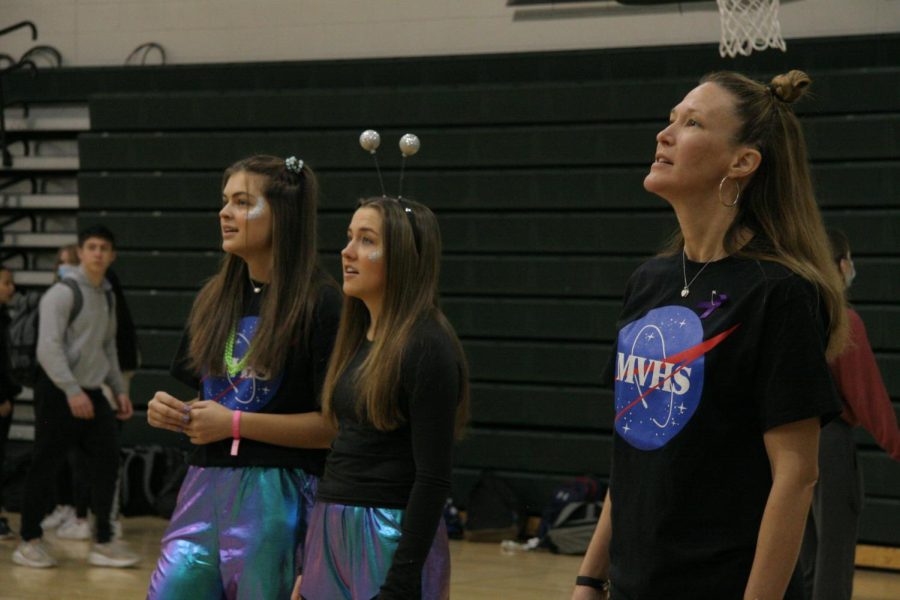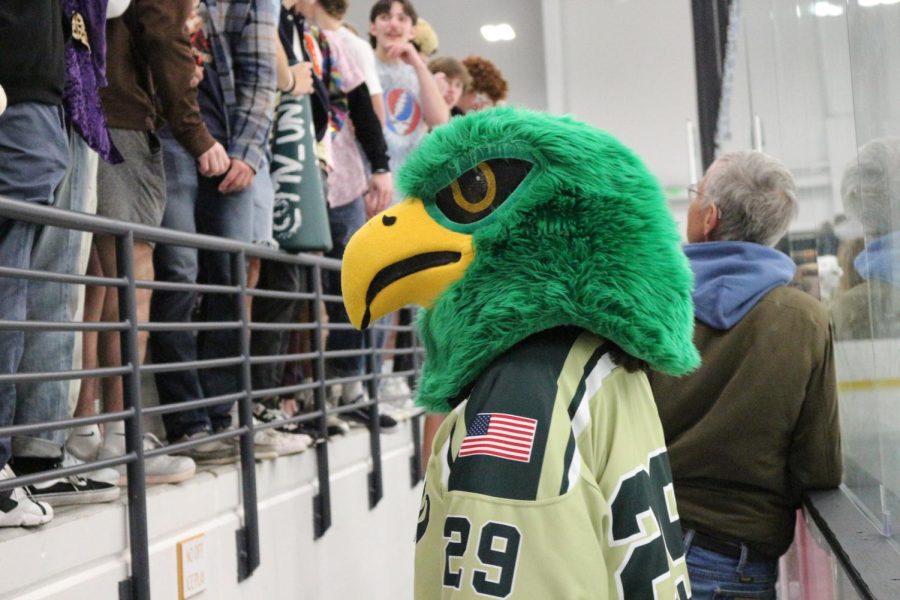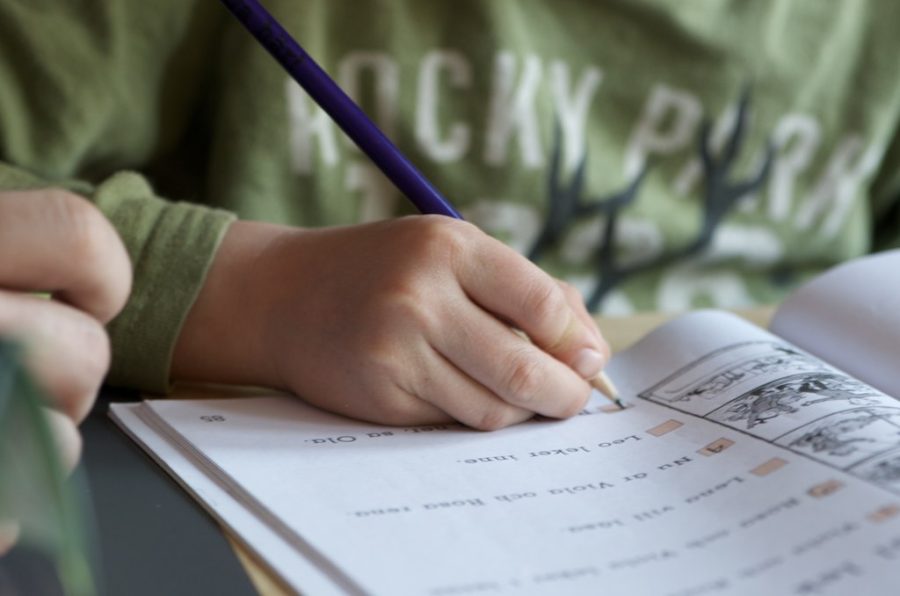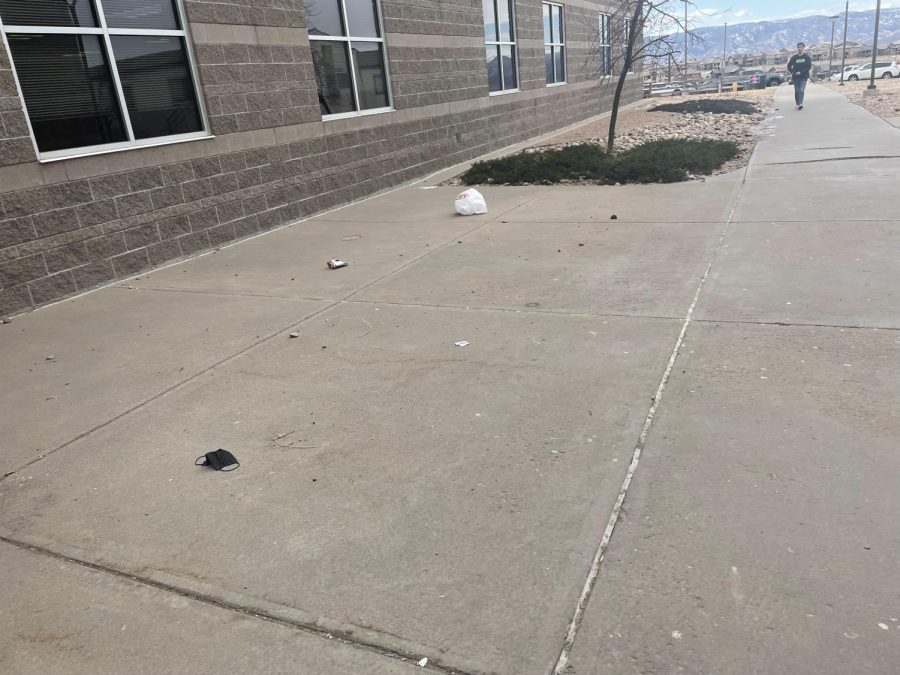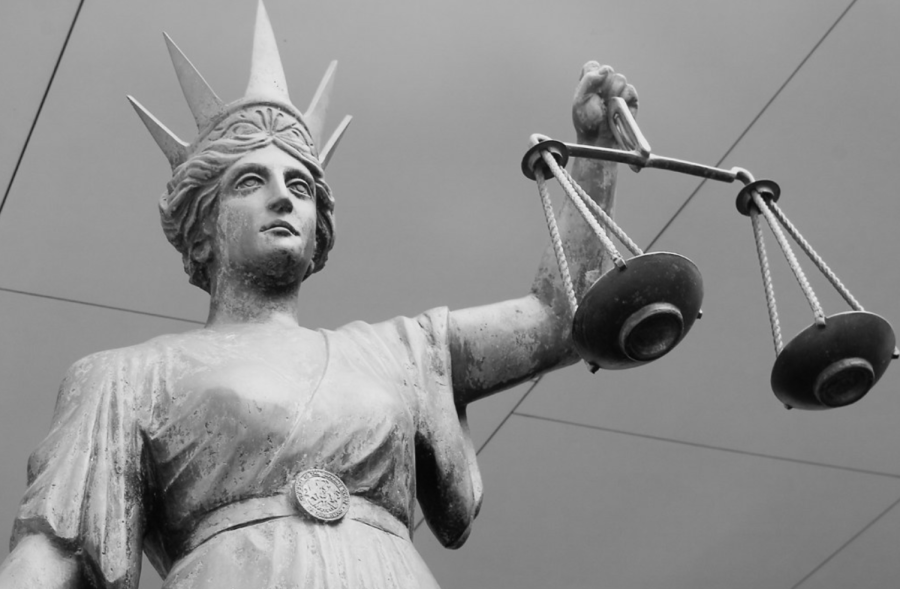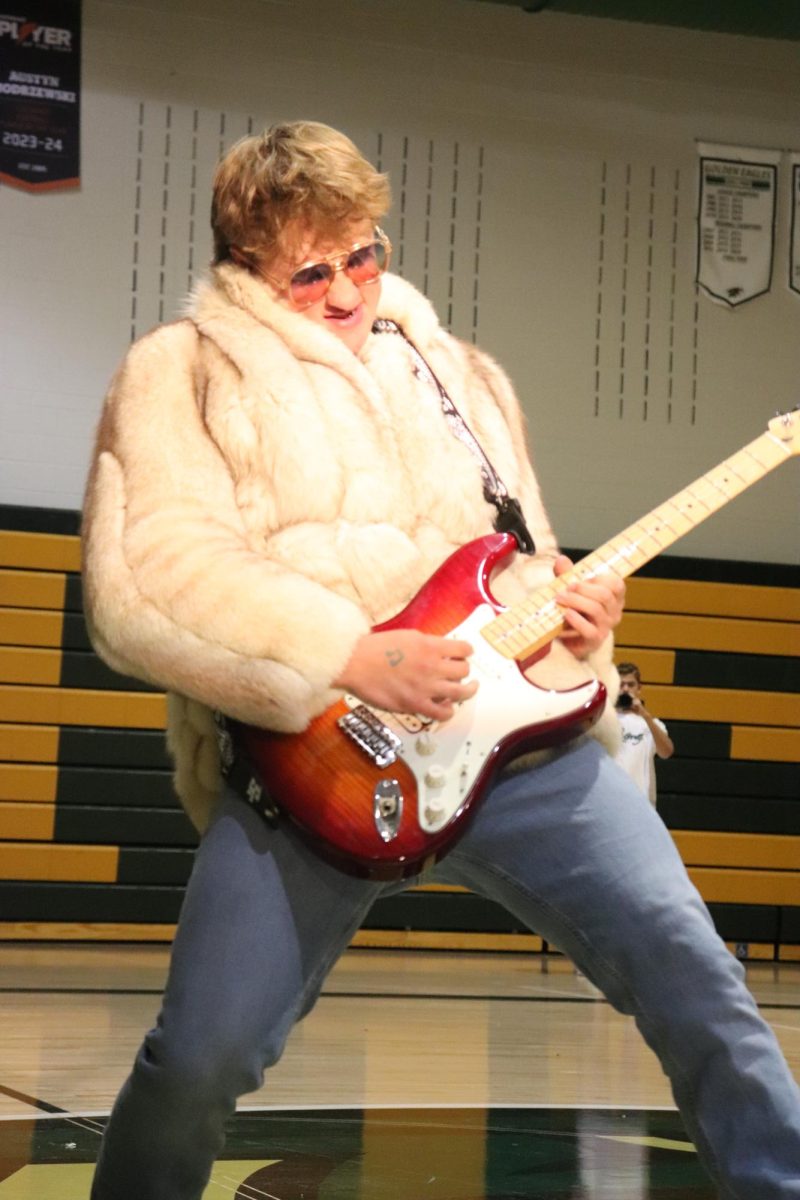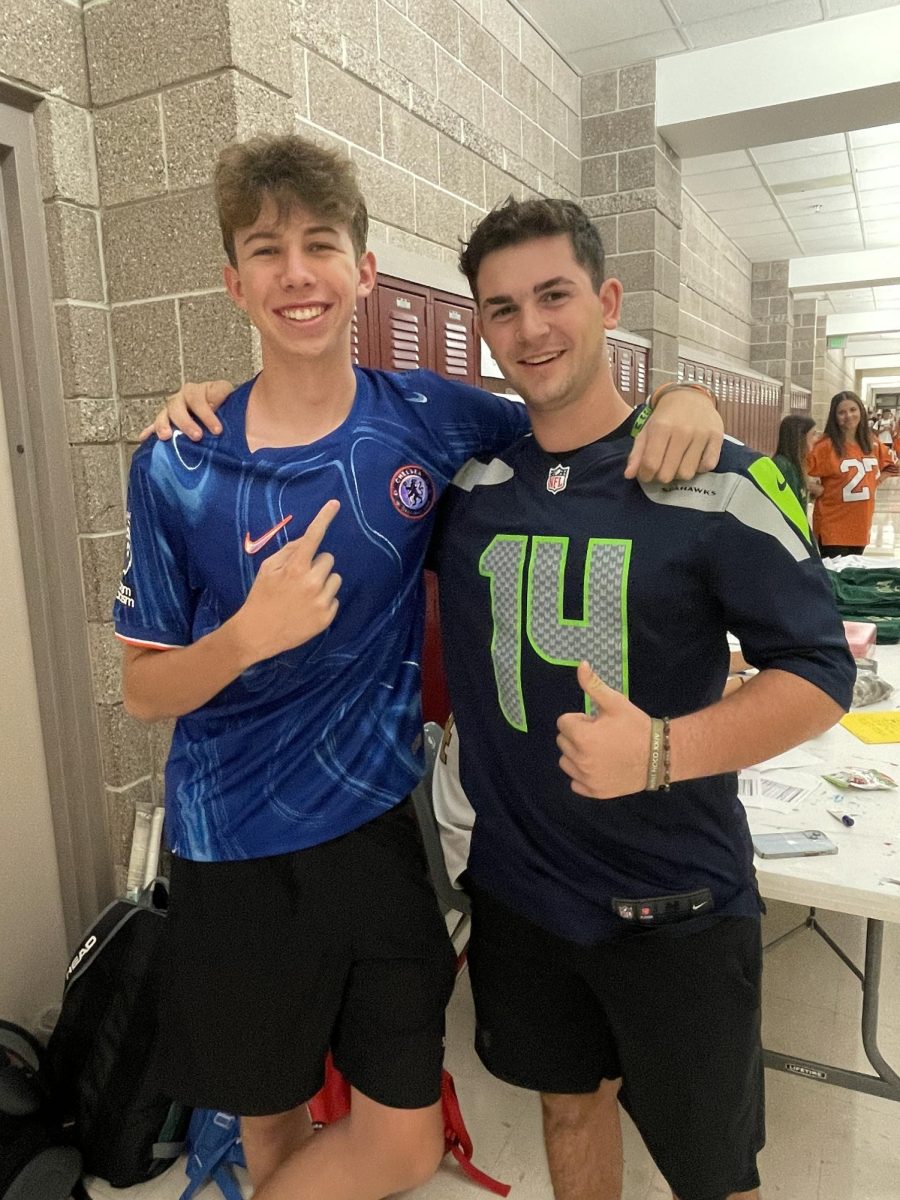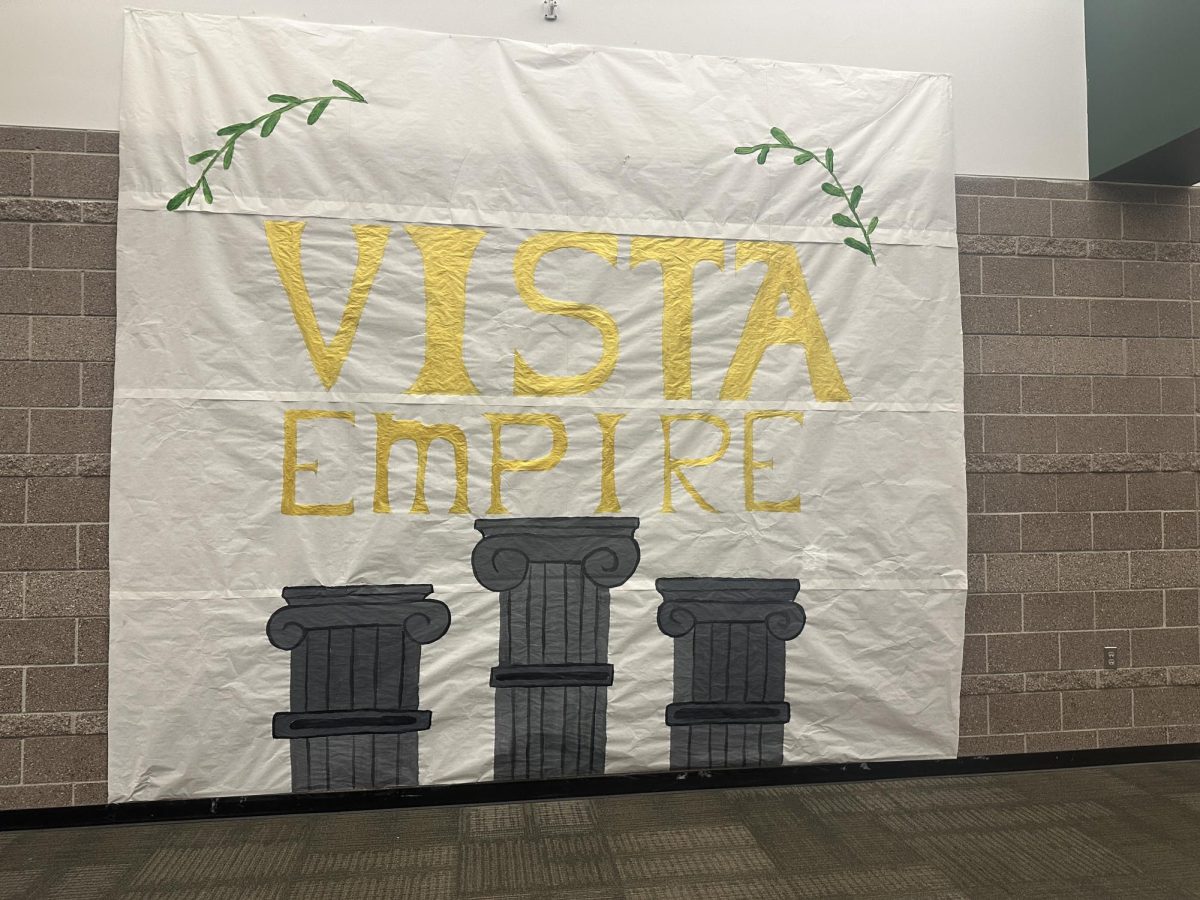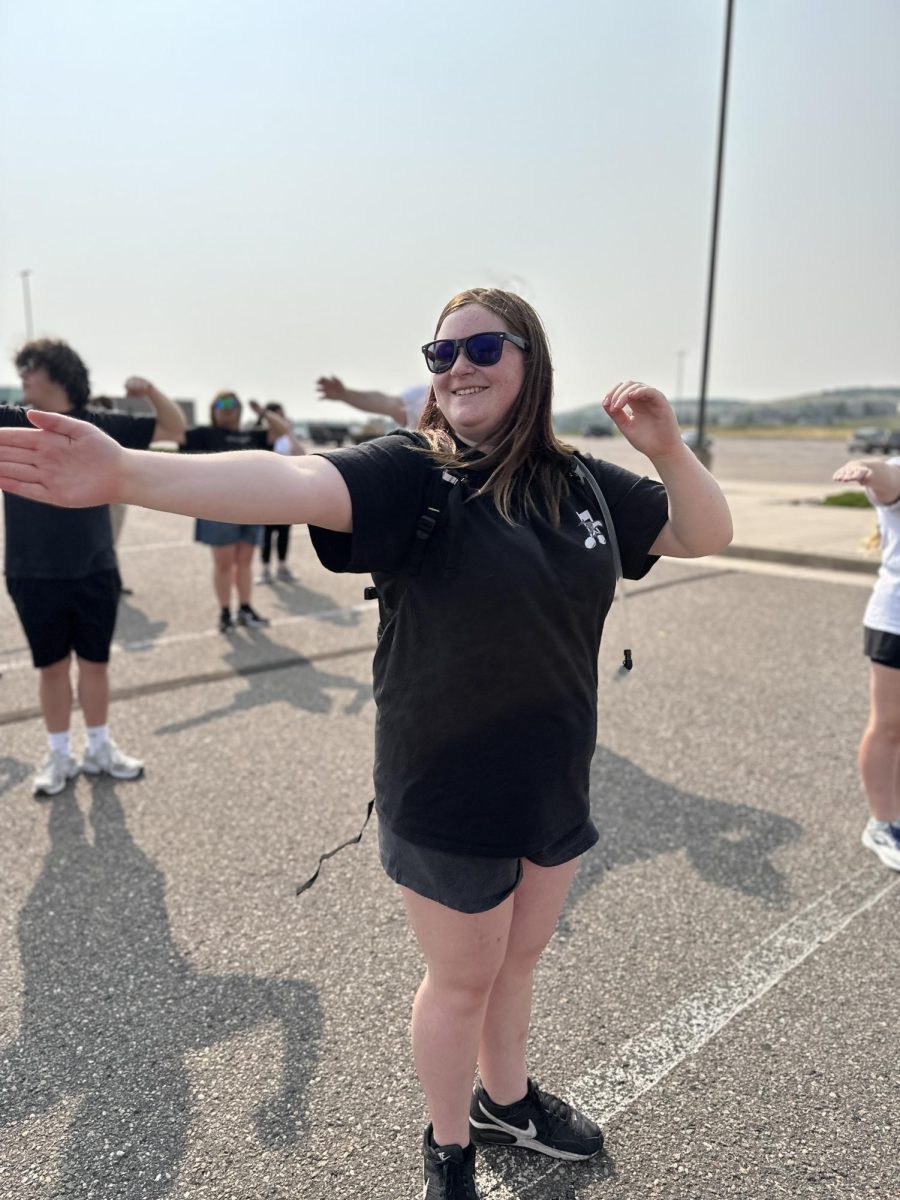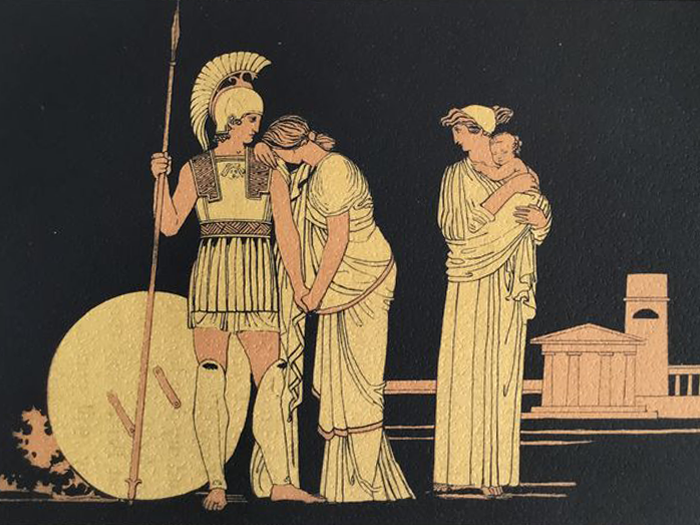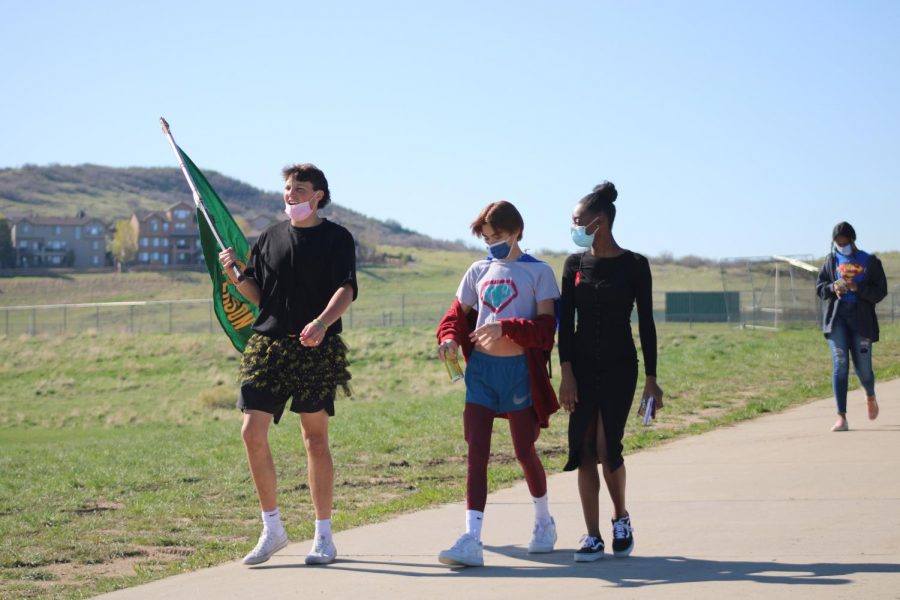First Amendment: The debate between morality and legality
Over the last decade or so, and more specifically the last couple of academic years, concerning and potentially harmful trends and ideologies surrounding the social media platforms of high school students around the globe. The First Amendment, including freedom of speech, allows protection to anyone wishing to publicize and openly communicate anything they so please whether it’s racist, homophobic, abelist, transphobic or any other sort of discriminatory speech, as long as it’s not putting anyone involved in danger.
Four high school freshman students at Park Hill South High School, Missouri, and their families are actively attempting to sue the school for shutting down and severely punishing students for an online petition seeking the restart of slavery.
While the social media post was allegedly made out to be a joke amongst students, and originally described as banter between a biracial student and a black student, NBCnews.com reports the school immediately took “prompt, decisive action to enforce our policies prohibiting discrimination, harassment and uncivil behavior.” With one student being expelled and the others involved suspended for 180 days, the parents and families of the students filed lawsuits against the school demanding due process of law and a violation of the First Amendment.
This individual case particularity brings up the questions: At what point does student’s access to the First Amendment end in an educational environment? Should schools be allowed to monitor individual social media?
While it is absurd to suggest that the normalization of slavery is acceptable in any way shape or form, what the students conducted and published online was an opinion. A blatantly inappropriate and offensive opinion, but yet still an opinion.
In The Friends of Voltaire, Evelyn Beatrice Hall wrote the phrase: “I disapprove of what you say, but I will defend to the death your right to say it.” Her statement, often used to defend the freedom of speech, illustrates that while we can disapprove and disagree completely with an opinion, it does not guarantee us the right to silence those who wish to say it.
The issue as a whole brings moral and legal values to an intersection, causing headaches of debates and an overwhelming amount of new questions. While we as a society understand that some topics are inappropriate, crude and offensive to certain populations, the impossible question remains: Where do students’ rights lay?

